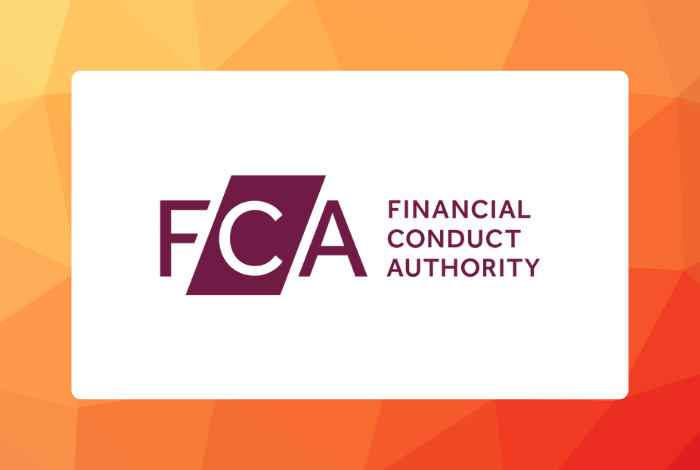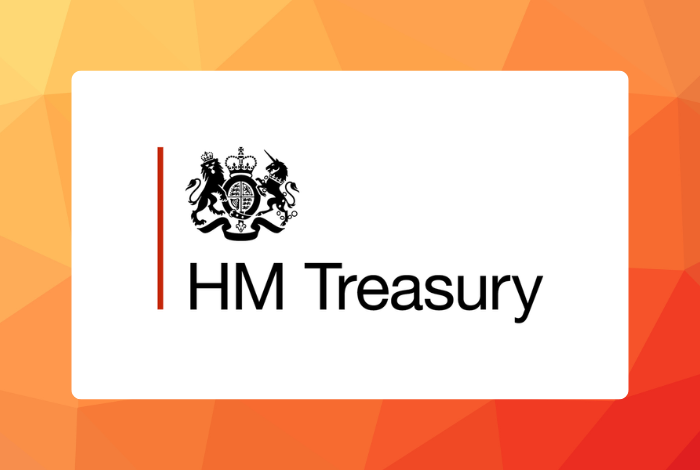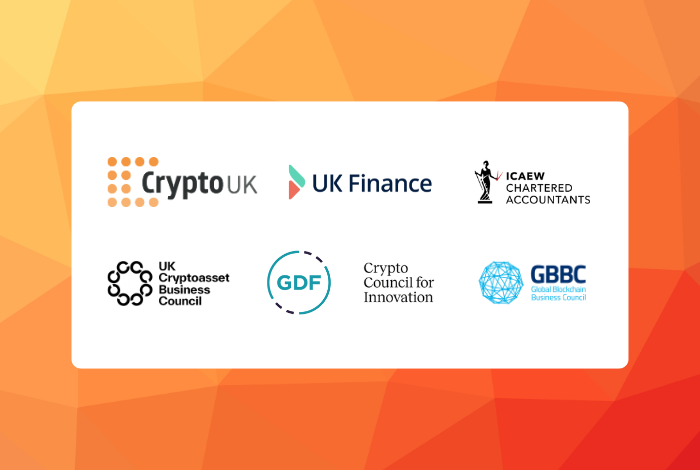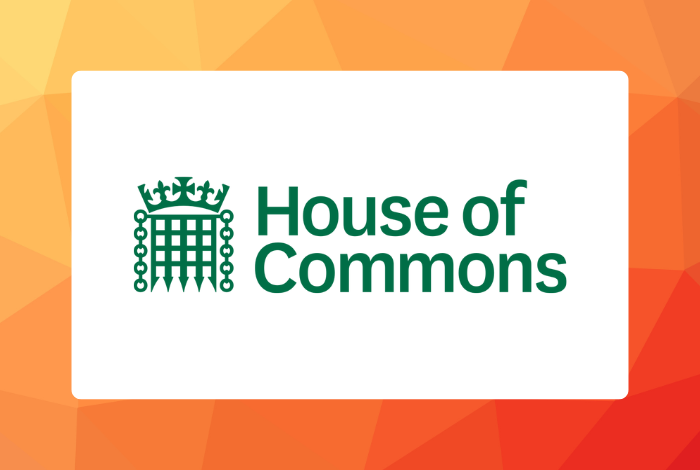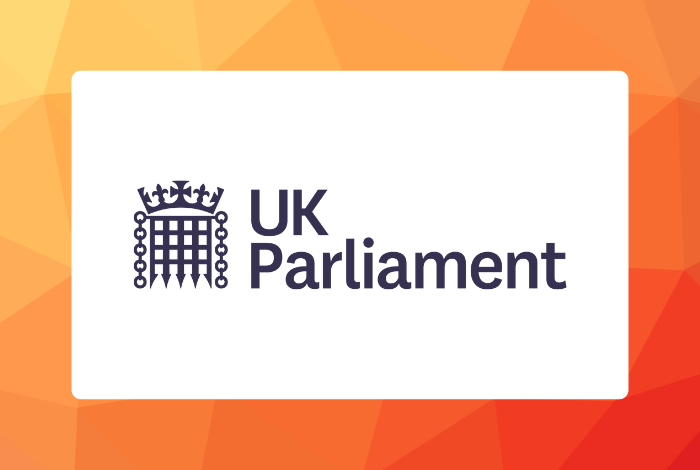
Introduction
The Financial Conduct Authority’s (FCA) public consultation sets out the proposed policy changes to the way it will raise FCA fees from 2021/22. The FCA is fully funded by the industry it regulates and receives no government grants. The Financial Services and Markets Act 2000 (FSMA) gives the FCA powers to make rules to recover costs in carrying out its statutory functions.
CryptoUK (CUK) welcomes the opportunity to comment on the consultation. You can read the full response below. Alternatively, you can download a PDF copy here.
About CryptoUK
Crypto UK is the United Kingdom’s (UK) trade body for the cryptoasset industry. We believe in the transformative potential of digital and crypto assets and the underlying blockchain technology. We promote accountable self-governance whilst advocating for fit-for-purpose legislation and regulatory frameworks for crypto and digital assets in the UK. We achieve our vision by establishing and fostering productive partnerships between digital and crypto asset industry participants with legislatures, policymakers, and regulatory agencies to educate and nurture an environment that fosters innovation, job creation and investment.
Below are the collective responses from our 50 members, to the questions posed by FCA.
1. Do you have any comments on our proposals to revalorise application fees in line
with inflation and create a simplified structure with a reduced number of pricing
categories?
In general our members broadly accepted the proposed increases to fees in line with inflation and the simplification of structure and pricing categories.
Specifically to cryptoasset firms the group expressed that the proposed 150% increase was proportionate to work required to file each year. However, there was some concern that this percentage increase would apply year on year.
2. Do you have any comments on our proposals to remove income bandings from
application fees?
We appreciate that assessing revenues for a specific activity and for new market entrants, who may have no trading history is problematic, as discussed in the consultation.
In principle our members are not against removing income bandings. However, we discussed whether the removal of the lower application band fee of £2,000 for crypto firms with income below £250,000 to a “one size fits all” application fee of £10,000 was fair and proportionate.
Firstly, our members agreed that a flat fee of £10,000 was a rather large amount of money for many firms, especially the small start up that may have very limited resources. It is worth noting that the larger the fee the greater a hurdle this places on firms and therefore can affect whether or not to set up a UK trading location.
Secondly, we appreciate that perhaps additional FCA resources are required, in working through the applications received from crypto firms than originally thought and so the lower band of £2,000, was not sufficient to cover costs. However, we point to the FCA fee for the Electronic Money Institution application. This is currently set at £5,000 and is proposed to increase to £6,140. A license regime is somewhat of a more rigorous “conduct regime” seeking to set the bar much higher than a non-conduct regime, such as the MLR. Therefore, we ask for clarity into the wide disparity on pricing strategies described here.
Thirdly, many members felt there is an inconsistency in the approach of the FCA considering money laundering (ML) and terrorist financing (TF) as having the highest levels of potential harms. Whereas, we note from HM Treasury’s (HMT) recent National Risk Assessment (NRA) that the risks of TF and ML for all crypto firms to be of a medium risk.
Finally it’s worth mentioning that the new Money Laundering Regime (MLR) application requires a great deal of non monetary resources, including replying to questions, interviews and other correspondence. This can be extremely burdensome for a company with a handful of staff.
Furthermore, our members shared concerns that further requirements may be considered appropriate for crypto firms that operated within the Electronic Money licensing regime. In so far as additional requirements could be placed onto small businesses such as capital and liquidity controls. We highlight the recent FCA coronavirus financial resilience survey which highlights payments and e-money businesses as firms possibly most vulnerable to the stress of economic impacts from the pandemic.
3. Do you have any comments on our proposals to introduce a Category 4 fee of £2,500 for claims management companies that apply only for the permission of seeking out people who may have a claim and to restructure the charges for validation orders?
CUK has no response to question 3.
4. Do you have any comments on our proposals to introduce charges for changes in control and applications under the senior managers regime?
In general our members broadly accepted the proposed changes.
One question that was raised by the group was in regards to clarifying the frequency of the £250 fee when crypto firms are applying for the first time to the MLR. Would an applicant be required to pay an additional £250 for each senior manager on top of the £10,000.
5. Do you have any comments on our proposal to revalorise application and transaction charges annually in line with our budget for ongoing regulatory activities (ORA)?
Please see our response to question 6.
6. Do you have any comments on our proposals for the fees paid by cryptoasset businesses?
Please also refer to question 2 as all the points raised are specifically related to crypto firms and the proposed fees. Also note the response in question 2 centres mainly around the “one off” application fee.
In regards to the ongoing regulatory activities (ORA) additional comments from our members included a potential lack of fairness in the treatment of different businesses and their complexity.
For example, a large “over the counter” (OTC) trading desk may collect millions of pounds in income and achieve these revenues from a handful of clients, that are based in one jurisdiction, let’s say the UK. The small client base are regulated entities in the UK and are therefore known to the FCA.
Compare this against a small custodian wallet provider, acting for hundreds and thousands of clients based in multiple jurisdictions, achieving only a few hundred thousand pounds in annual revenues.
For illustration purposes the above two examples are the extremes of understanding the complexities of the TF & ML risks inherent in any 2 businesses when compared. Conversely, the inherent risks for larger OTC desk are significantly lower than the custodian; however,
the ORA fees would be significantly higher for the less risky firm.
The group also raised the question around the treatment of overseas income. Many of our members have operations in multiple jurisdictions. Some of these jurisdictions are so called “tax havens” such as the Isle of Man (IOM). The question was posed as to how the FCA would achieve fairness, where for example a large firm with millions of pounds in income from UK clients only reports £100,000 income in the UK and reports millions through its operation in the IOM.
Finally, the group questioned the 100% increase of the minimum fee from £1,000 to £2,000. The application fee as discussed in the answer to question 2 is rather high at £10,000 and the process is both rigorous and extensive in nature. We ask for clarity as to why the FCA feels the need to double the annual registration fee at this early stage, in a new regime when all MLR registered firms would have recently been through the application process.
The final point our members wanted to raise was in regards to the concept of crypto for employees “double hatting”. It would be fair to attest that the smaller start up with a handful of employees would require staff members to conduct more than one role, due to lack of resources. We appreciate the FCA sees this a concentration risk within the MLR. However, our members suggested that the FCA has changed its approach to “double hatting” in so far as past new regimes would allow for this. It therefore appears that a significant change to the FCA’s approach has been implemented without clear communication of the change.
7. Do you have any comments on our proposed basis for calculating fees for firms operating MTFs and OTFs from 2021/22?
CUK has no response to question 7.
We again thank you for this opportunity to comment on the consultation and hope you find our response helpful. This is a new and technical area and we stand by ready to answer any further questions, and provide such further input as you may desire.

